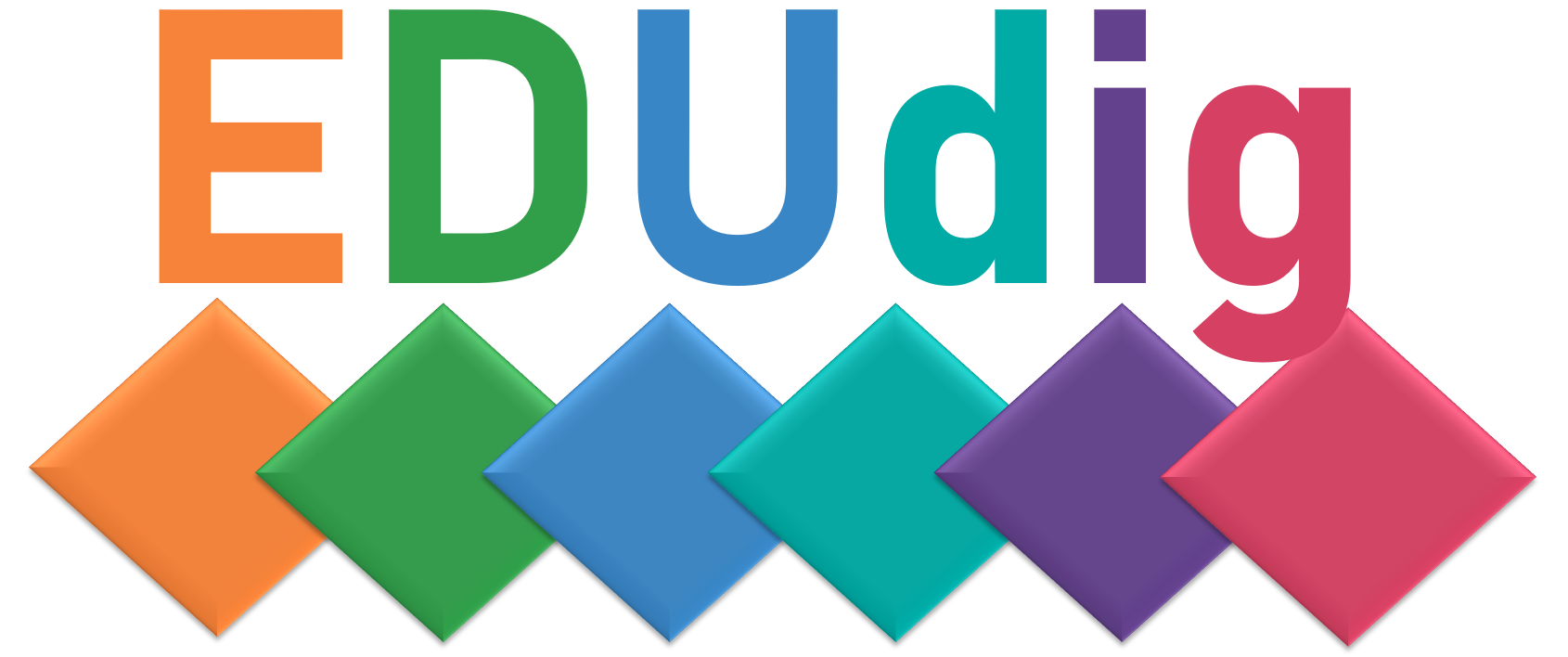Training
1.2.2 Benefits of digitally enhanced collaborative learning
Collaborative learning strategies refer to explicit, clear guidelines to develop collaborative learning activities. Its framework should provide detailed instructions to facilitate meaningful student engagement, grounded in active discussion and participation among participants for the achievement of a certain learning outcome [1]. Their design is based on pair or group work and can be integrated within several active learning methodologies, such as inquiry-based learning, which includes challenge-based learning, problem-based learning, project-based learning, etc.
The development of digitally enhanced collaborative learning strategies may have a great impact on the students’ engagement and proactivity because it enables students to incoroporate digital communication into their communication and learning routines. The latter are, for instance, used to convey information in a concise manner, which is very important to capture the fundamentals of arguments in complex discussions, i.e., a key competency for learning, inside and beyond the classroom.
It is widely accepted that learning experiences that are active, social and student-centred lead to deeper learning. Based on a positive interdependence of group/ team members, collaborative learning is a valid approach to meet these premises. Research highlights that, besides promoting the inclusion of experts [2], it also fosters the students’
- Learning from the viewpoints of others and listening to/ dealing with criticism;
- Development of higher-level thinking through discussion;
- Development of transversal competencies, such as self-management, leadership, collaboration and critical thinking;
- Creativity, accountability and engagement.
On the one hand, students tend to delve deeper into topics by actively bridging different points of view with their prior knowledge, resulting in higher-order learning. On the other hand, students learn to have an active voice to express their ideas and values, acknowledging and handling differences and developing respect for others. Hence, one of the main advantages of collaborative learning is to learn to dialogue for consensus-building, which is key in general civic life. Given that collaborative learning is socially and intellectually tangled, it may contribute to prepare students for real working contexts and develop their global citizenship [3].

